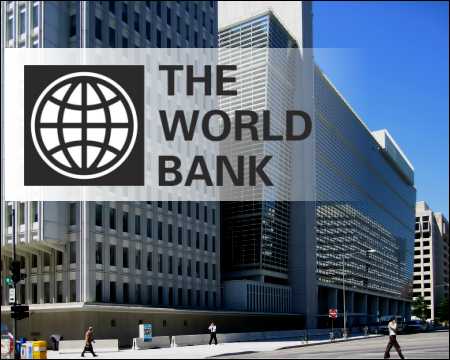The World Bank has rated Nigeria and five other countries as currently well-positioned for the implementation of carbon taxes in order to consolidate on the modest achievements recorded by the affected countries on their zero-carbon gas emission drive agenda.
Carbon tax is a fiscal policy tool used by governments to levy fees on covered entities for their greenhouse gas (GHG) emissions, thus creating financial incentives to reduce emissions while emissions trading system (ETS) involves the government imposing a limit on the amount of GHG emissions from covered entities.
The Bretton Woods development finance institution, which gave the ratings in its ‘State and Trends of Carbon Pricing’ report for May 2023, listed the other countries as Botswana, Côte d’Ivoire, Gabon, Morocco and Senegal.
So far, only South Africa is the sole country on the continent that has implemented carbon tax policies even though there is a growing interest in carbon taxes and emissions trading systems (ETS) across the continent.
The World Bank reported: “Almost every world region has low- and middle-income countries considering carbon taxes or ETSs. While South Africa has been the only country to implement a carbon tax in Africa thus far, Botswana, Côte d’Ivoire, Gabon, Morocco, Nigeria, and Senegal have all shown an appetite to adopt either a carbon tax or an ETS.”
In addition, the report indicated that Côte d’Ivoire and Senegal had conducted feasibility and impact assessment studies with support from international donors, while Botswana continued to explore the feasibility of implementing a carbon tax.
Also, it noted that Gabon and Nigeria had recently published legal frameworks to establish their respective domestic ETSs.
Specifically, the Washington D C-based institution identified Nigeria’s Climate Act, which establishes a council with the authority to establish an ETS, as a desirable legislative measure for the nation’s drive towards zero-carbon emissions in the next few years.
According to the report, if these countries initiate carbon pricing efforts, the global landscape of carbon tax adoption could witness significant changes.
The World Bank identified several drivers of the growing interest in carbon taxes among a wider range of countries, including fiscal pragmatism, border carbon adjustments, EU accession, new policy designs, and climate action.
The report reflected that governments globally were increasingly recognizing the potential of carbon taxes or ETSs to support fiscal reforms by generating revenue through a mechanism that provides positive incentives for change.
This is particularly important in view of the high levels of sovereign debts owed by many countries and the challenges of informal economies that may limit the effectiveness of other revenue-raising methods like value-added tax (VAT) or income tax.




